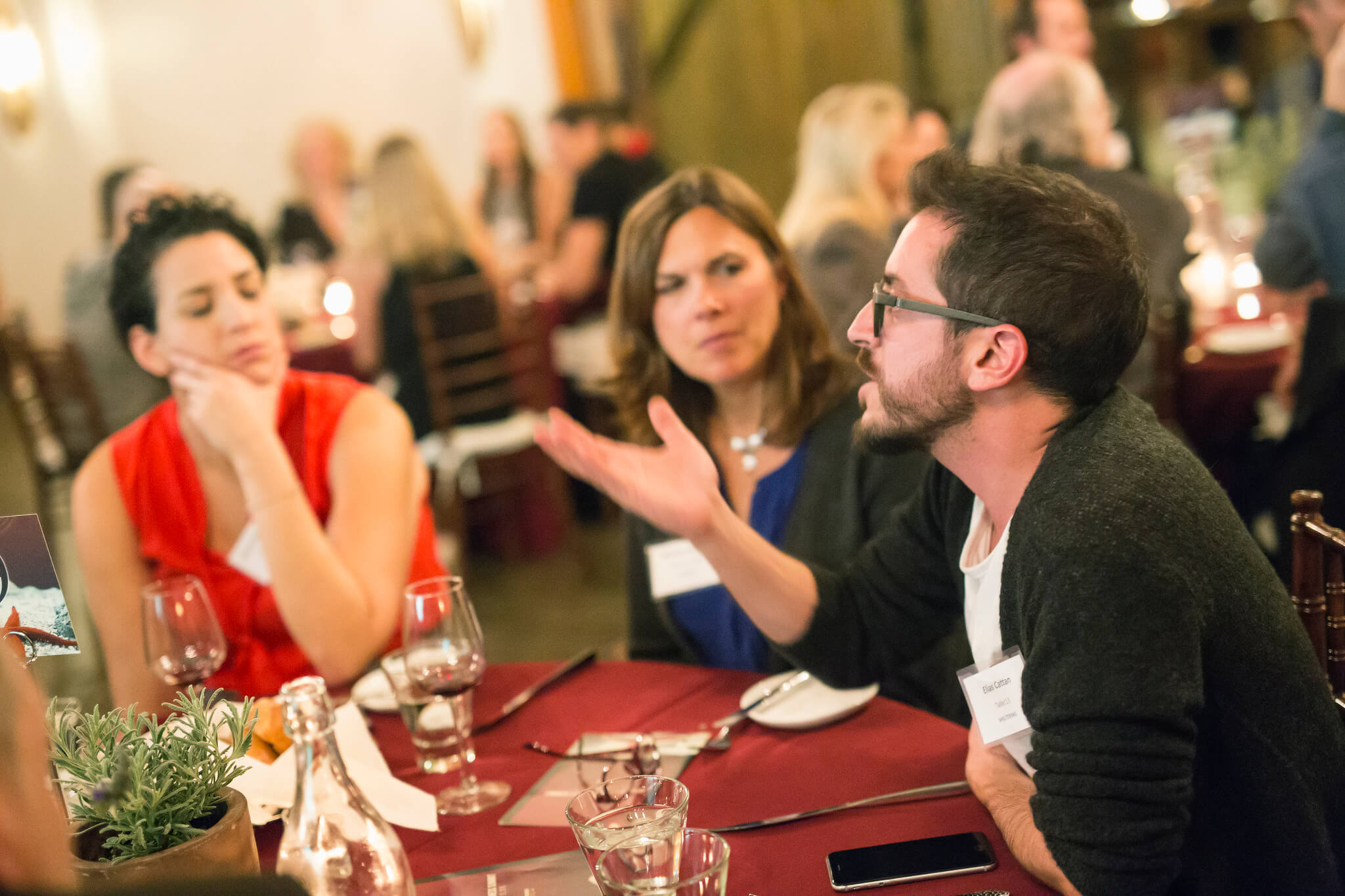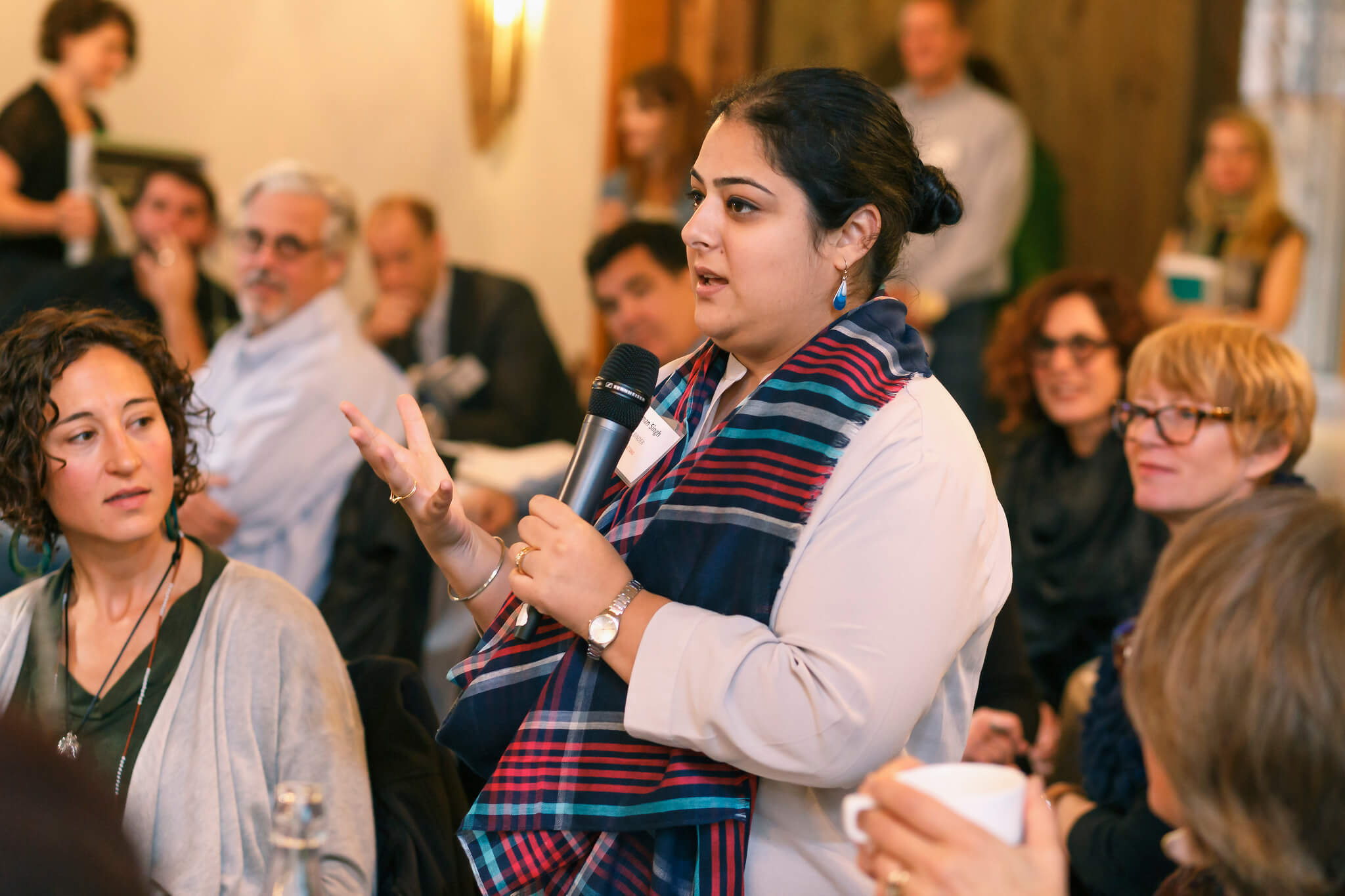
A REGENERATIVE BUSINESS DEVELOPMENT COMMUNITY –
MANAGEMENT AND WORK DESIGN
Most well-intended businesses are using archaic work design, work systems and work processes because they don’t see the connection between these system spreaders because they are “nicer” to people, have profit-sharing and are saving the world. These move the needle very little, partly because many are outside the systems like philanthropy, sourcing and social causes (least effective way to achieve change); they borrowed slightly better structures like holarchy (which have more downsides that are gained from adaptations) or they don’t see the effects on people because they don’t know what to look for. They also don’t stop the work systems and processes that are toxic, not knowing how to.
Most businesses aren’t connected to tested alternative ideas for structures, systems, and processes that would revolutionize work. The alternatives have existed for 50 years but are not broadly know about. Plus, when people find something that seems better than the bad stuff, and they are well-intended people, they feel good when they adopt it and don’t look back.
What if:
- People were self-directed, redesigning work beyond their current work and customers’ requests (e.g. holarchy); working with their primary customers to change their lives in ways they did not know to ask for. (E.g. W. R. Gore industries whose frontline operators generated teams for revolutionary products for the buyers with increasing margins every year and they are increasingly ecosystem beneficial.)
- Market field teams (reflecting an entire business) led to a shift in business models that created growth in earnings, margins and cashflow in what was a commodity business. This lead to a changing the industry’s understanding of regenerative supply systems. (Merida textiles)
- Racism was negated but without ever talking about it, but rather by changing the work design systems how people engaged in work (Colgate South Africa and P&G Lima Soap)
- New markets were opened by a team creating Promises Beyond Ableness that turned a baby products business toward evolutionary growth. (Seventh Generation)
- The above examples of Regenerative thinking were not projects established by executives or having the marketing function originate ventures, but through work redesign that makes these accomplishments and many more extraordinary outcomes happen— as routine business.
This series builds on the Strategic Thinking and Culture/Industry Leadership Phases.
The Financial investment for One Year Membership
$7494 for up to three people; pay $1500 for each additional person. There is no reduction in cost for fewer than three people per business member. Our experience has taught us that participants must have good quality thinking partners who attend the sessions with them and share the experience as part of a team. Each of the twelve businesses engages in deep and rapid application, and with at least three individuals connected to Carol and other resources they have a much better chance of success. Multiple perspectives are required to hear and internalize the very rich, powerful, complex material offered. In breakout sessions during the webinars, teams will sometimes work together and sometimes with members from other businesses’ teams. Please note that payments made to join the Regenerative Business Development Community are refundable for 3 days after purchase, minus a 3% handling fee. No refunds will be given after the first meeting.
Webinar day of the week and time:
Fridays 9 a.m. to noon Pacific Time
2023 DATES
February 3, 2023
March 24, 2023
May 19, 2023
July 7, 2023
August 25, 2023
October 13, 2023
November 17, 2023
December 15, 2023


Instructors
Carol Sanford, founder of Carol Sanford Institute, has an extraordinarily successful forty-year track record of growing businesses responsibly, increasing their revenue by as much as 40%-65% a year. Her expertise includes teaching companies how to build triple-digit margin growth and offer a funnel of products for decade-sustaining earnings in dynamic industries and markets. She is a Senior Fellow of Social Innovation and Executive-in-Residence at Babson College.
Resources are members of The Regenerative Business Alliance.
“Carol Sanford’s probing questions helped us think more clearly about who we are as a company and how we can become more effective at achieving our mission. How can we, ourselves, and all of our employees shape and resonate with the goals of the business at a deep level? Carol offered ways for placing our highest human values at the center of our business, so that the business can become more relevant in the world and more rewarding to both customers and employees.”
– Dirk B. Wassink, General Manager, Second Use Materials, Inc.
Carol Sanford Institute has run these series and others like them in businesses all over the world for 40 years. Case stories and testimonials are online at www.CarolSanfordInstitute.com.
For more information and to stay in the announcement stream, send an email to Carol@carolsanford.com.
